A man in his 50s with unwitnessed VF arrest, defibrillated to ROSC, and no STEMI criteria on post ROSC ECG. Should he get emergent angiogram?
Dr. Smith's ECG Blog
JULY 9, 2024
His family started CPR and called EMS, who arrived to find him in ventricular fibrillation. Here is his ECG after stabilization of vitals (at least 30 minutes since sustained ROSC). The ECG is diagnostic of acute LAD occlusion MI. Post angiogram ECG The patient was eventually able to be weaned off of ECMO and impella.

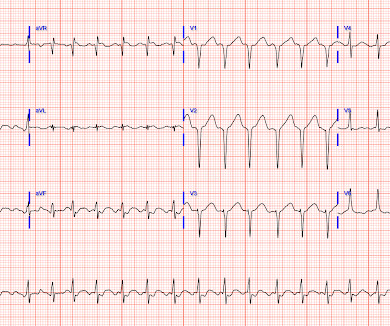

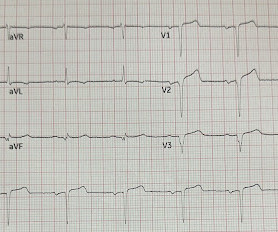
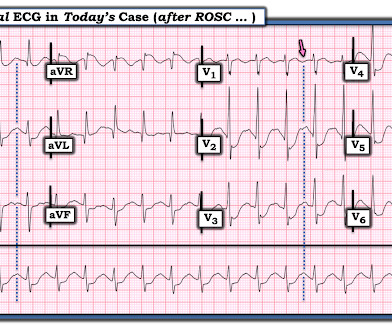



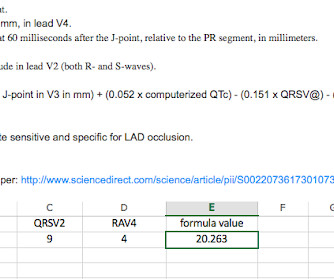


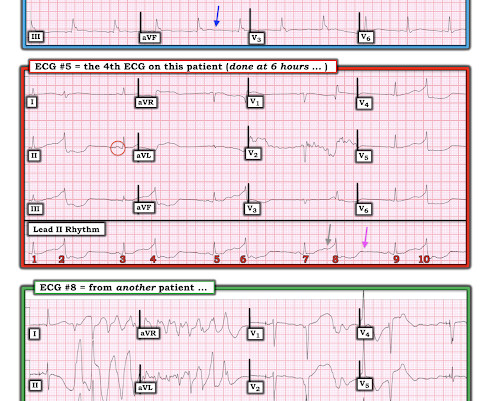
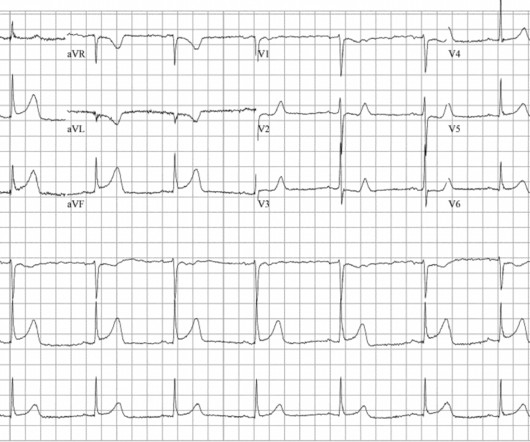
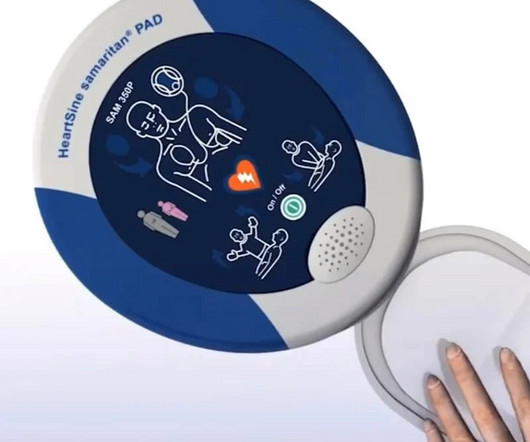



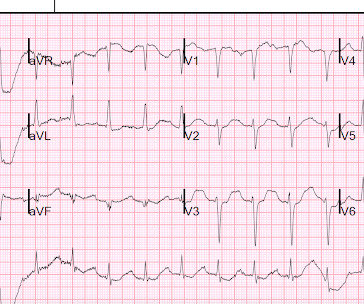

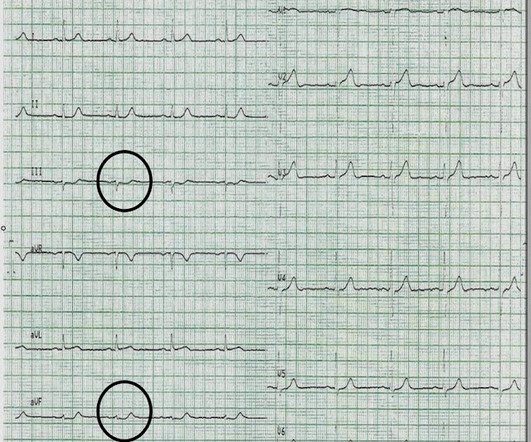

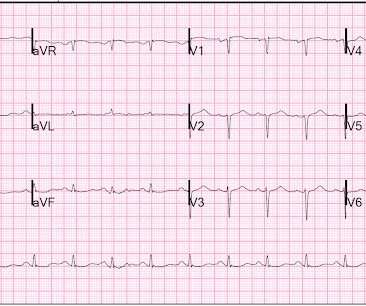




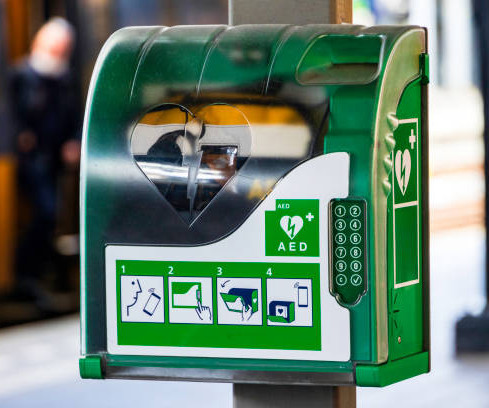




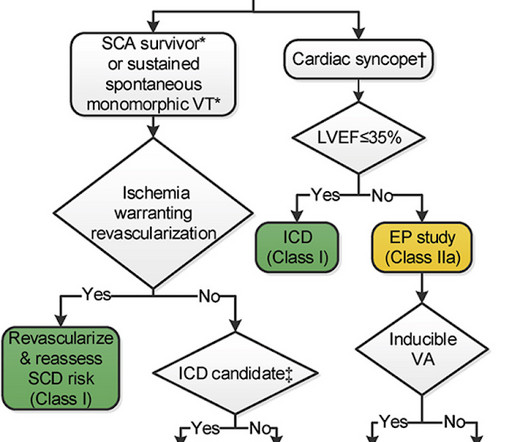




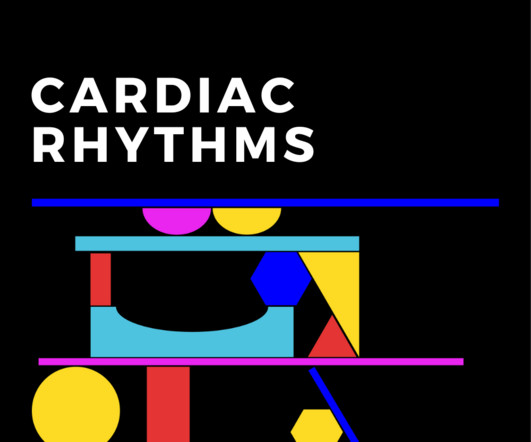

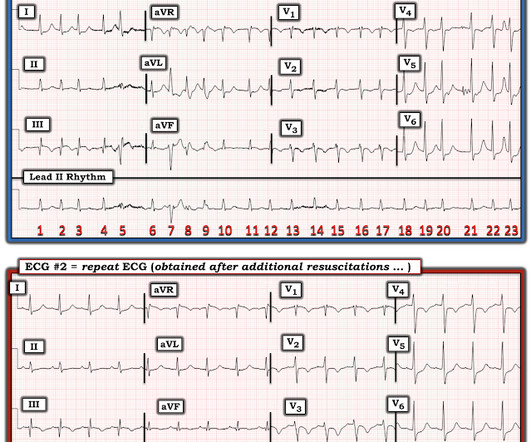












Let's personalize your content